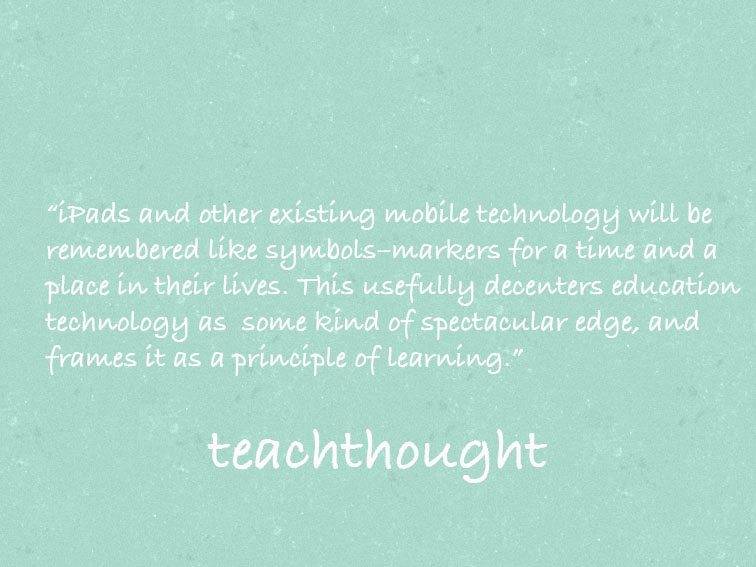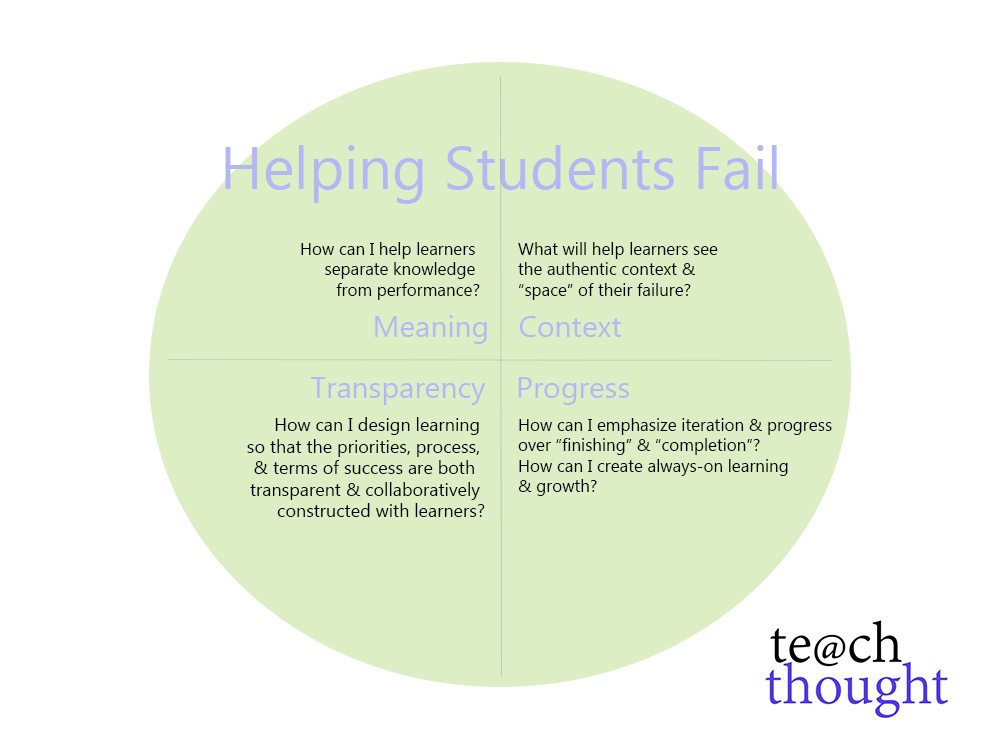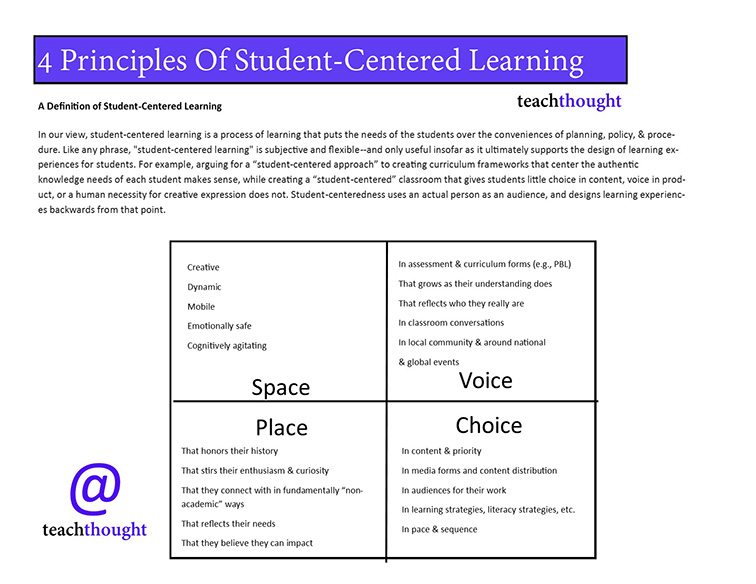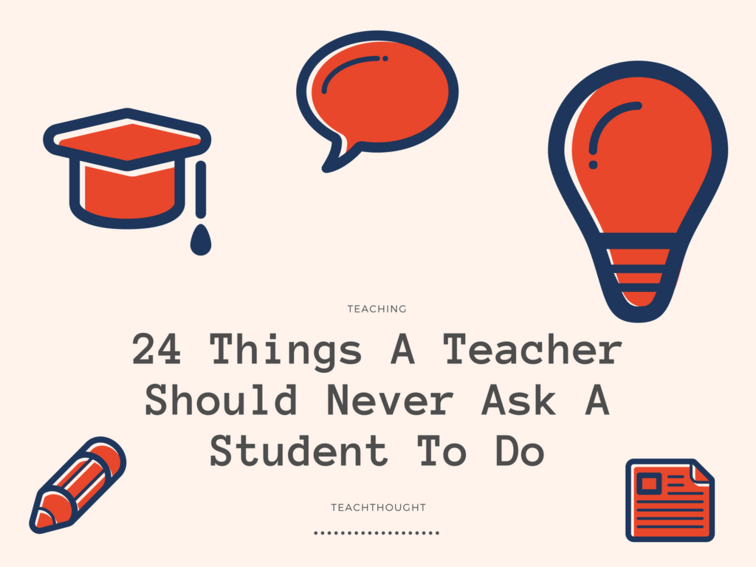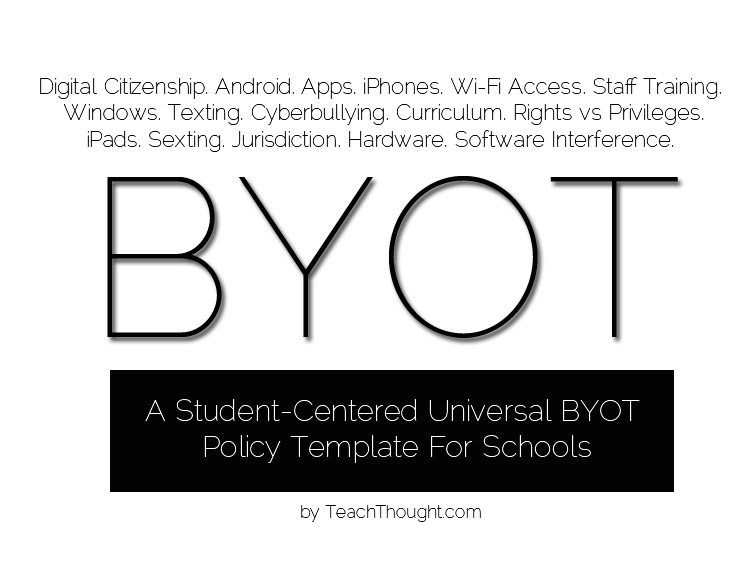Tag: Experienced Teacher
5 Reasons To Use Digital Portfolios In Your Classroom
Despite progress, many students continue to decorate folders for papers. This isn’t our best thinking around student portfolios.
Technology Is Now As Much A Part Of Learning…
The technology students use today will be the worst they ever use. That’s a useful starting point for understanding education technology.
Helping Students Fail: A Framework
Helping students fail is about thinking like a scientist, farmer, designer, or CEO–failing gives the data needed to proceed.
5 Tips To Help Students Arrive At Their Own…
Initially, in your teaching, you may want to practice aiming only for one Understanding per unit to get a feel for the…
4 Principles Of Student-Centered Learning
Student-centered learning puts the needs of the students over the conveniences of planning, policy, and procedure.
Teaching Introverts Is Different
Why Teaching Introverts Is Different by Terry Heick As education seeks to improve itself, the focus has been on data, research, and…
24 Things A Teacher Should Never Ask A Student…
There are certain things a teacher should never ask a student to do, like lying, being what they’re not, and making promises…
A Student-Centered BYOT Policy Template For Schools
BYOT Policy is a response to a need for progressive learning tools in 21st century classroom. This is a Student-Centered policy template.


